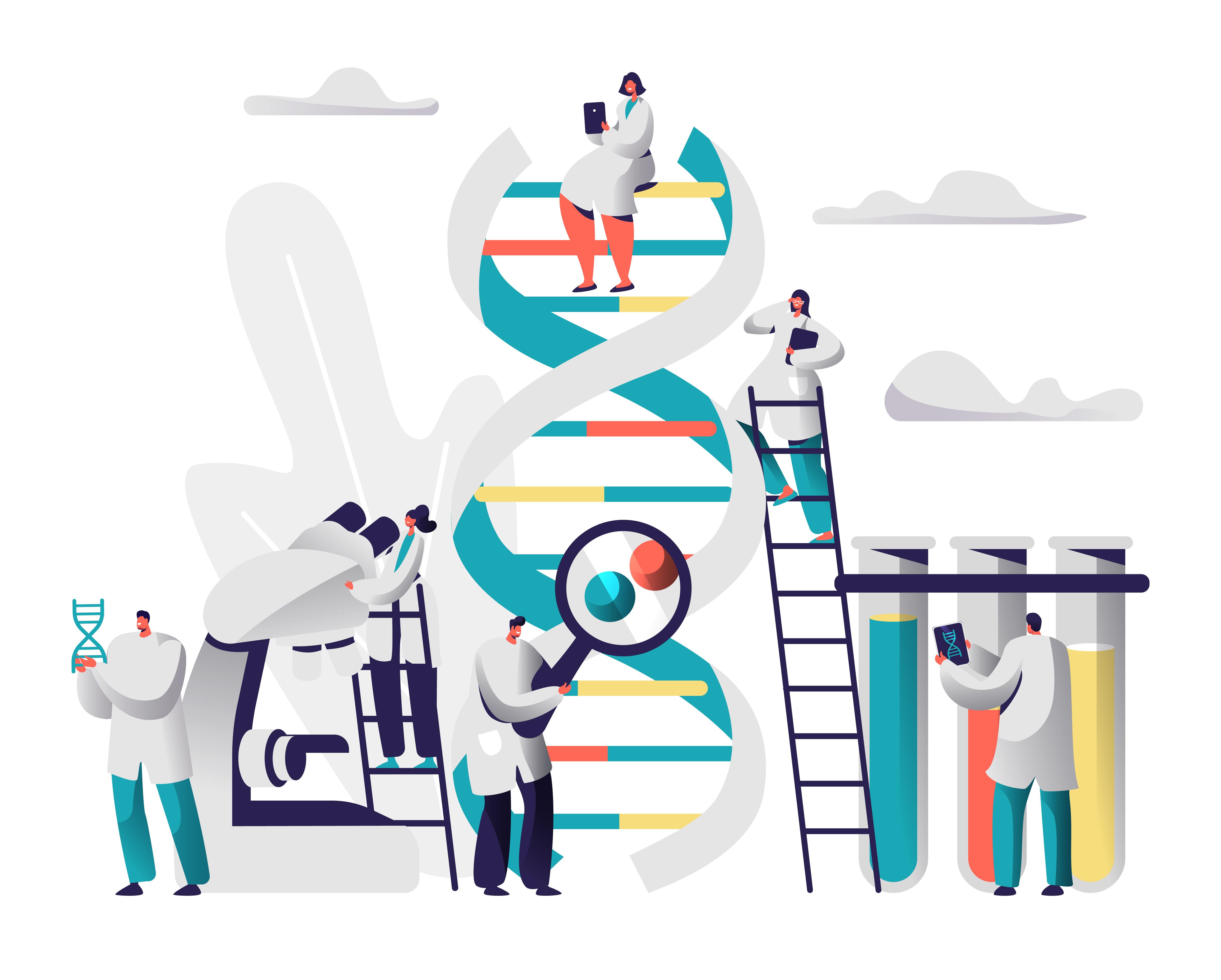Aggregated News

When Orchard Therapeutics announced the $4.25 million price tag in March for its newly approved rare disease gene therapy Lenmeldy, it became the most expensive on the market. But since 2019, the FDA has approved five others that cost more than $2 million. Some insurers, even when legally required, are not having it when it comes to paying out the cost of a treatment.
A November 2023 ProPublica investigation found that insurance provider Priority Health quietly nixed coverage of gene therapies as a cancer treatment, even though under Michigan state law the payer was required to cover clinically effective cancer drugs. The gene therapy in question, CAR-T, was the last hope for patient Forrest VanPatten to recover from an aggressive case of lymphoma. According to ProPublica, his CAR-T treatment was estimated to cost $475,000. VanPatten died while waiting for the results of his third request for coverage.
Globally, many healthcare systems are choosing not to cover gene therapies at all. Even though every health regulatory body reviews the same scientific and trial information, Canada and countries across Europe have completely different...



